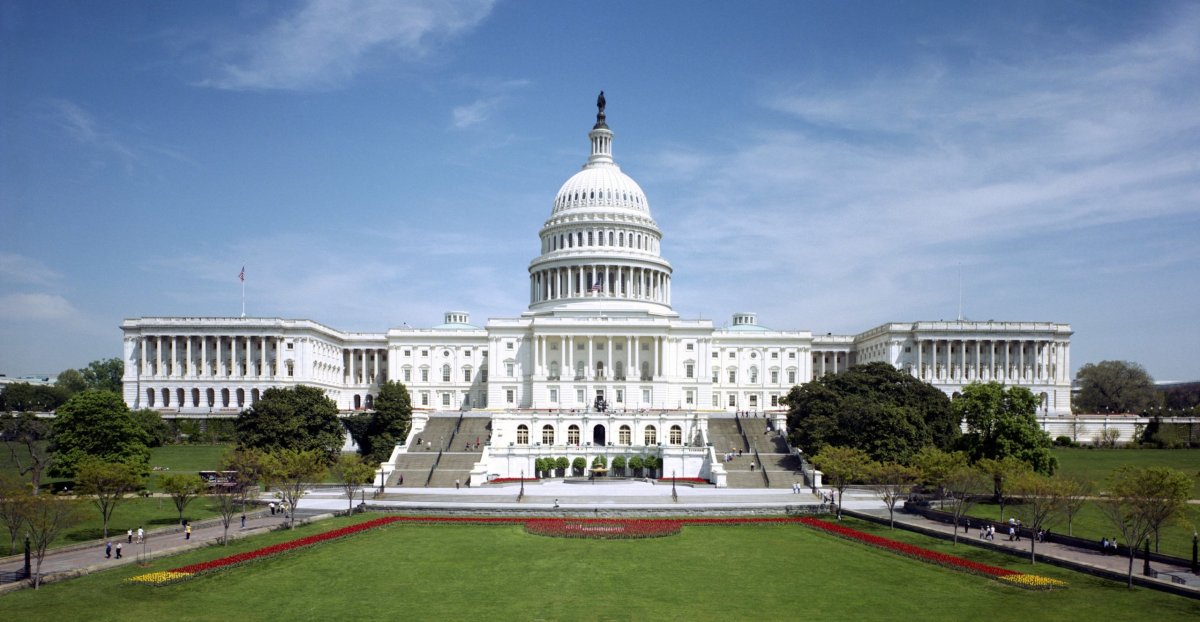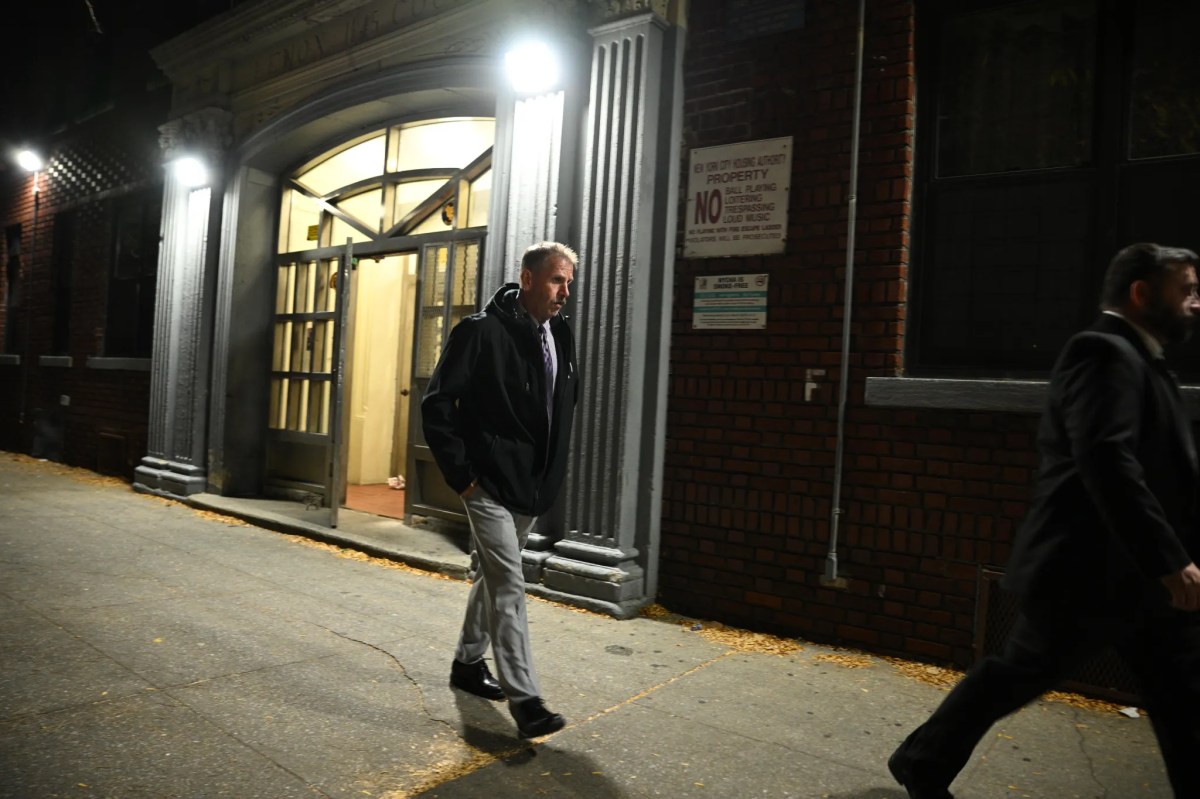On Tuesday, the Senate voted to advance a bipartisan proposal to loosen Dodd-Frank regulations, restoking controversy that has swirled around Dodd-Frank since its inception. You’d be forgiven for asking the question What is Dodd-Frank — the term is one of the most loaded ones on both sides of the political aisle, and it’s complex.
What is Dodd-Frank?
So, what is Dodd-Frank anyway? The Dodd-Frank Wall Street Reform and Consumer Protection Act of 2010 was passed by a Democratic Congress and signed by President Obama in response to the financial crisis of 2008, which was caused partly by unsound lending practices and investments by big banks. Some of them, including Lehman Brothers and Bear Stearns, collapsed despite being considered “too big to fail,” and the federal government had to use taxpayer money to bail out the industry. If the Fed hadn’t stepped in, economists say a global financial panic worse than the Great Depression would have resulted.

Lehman Brothers former Chairman and CEO Richard Fuld testifies before the Financial Crisis Inquiry Commission about the roots and causes of the 2008 financial crisis. Photo: Getty Images
Dodd-Frank set tough new rules to prevent another such collapse, requiring banks over a certain size to be subject to federal scrutiny. It also established the Consumer Financial Protection Bureau to protect consumers against predatory practices by companies offering mortgages, credit cards, student loans and payday loans.
Soon after Dodd-Frank’s passage, the banking industry began lobbying to have the restrictions loosened.
How a repeal of Dodd-Frank could affect your money
Republicans have long been in support of repealing or weakening Dodd-Frank regulations. What’s different now is that a group of Democrats are supporting them. Thirteen Democratic senators from purple or red states are backing an effort to loosen Dodd-Frank regulations, and voted to advance a Senate bill to that effect on Tuesday.
If the current proposal is passed, the definition of a “systemically critical institution” would be raised from banks with $50 billion in holdings to $250 billion, loosening restrictions on sizable lenders ranging from BB&T Bank to American Express. Fewer big banks would be required to undergo an annual Federal Reserve “stress test,” a measure of how impervious they are to economic shocks.

How it would affect your money: Proponents of the bill say it would make it easier to obtain credit and loans from regional and smaller banks, thus stimulating the economy.
The Consumer Financial Protection Bureau would not be affected by the bill, despite a Republican desire (and previous votes) to dismantle the agency.
The bill has an equal number of Democratic and Republican co-sponsors: 13 on both sides. Supporters say it will loosen onerous regulations on smaller banks and enable them to lend. Opponents contend the bill was “written by big banks to help big banks,” as Sen. Elizabeth Warren (D-MA) said.
Would Dodd-Frank ever be completely repealed?
An outright repeal of Dodd-Frank “has never been a possibility in the Senate,” the Hill said Wednesday, because it would require 60 votes, and even moderate Democrats consider repeal to be a bridge too far.
If Dodd-Frank were repealed outright, consumer protections such as bans on aggressive debt collection and “universal default” — a practice that allowed all your credit cards to raise your interest rate if you were late paying only one of them — would disappear. Without federal oversight, banks would again be free to engage in “predatory lending” (giving loans to people who can’t afford them, often with usurious repayment terms, which inflated the 2007-8 real estate bubble and foreclosure crisis) and risky investments of the type that led to the 2008 collapse.

























